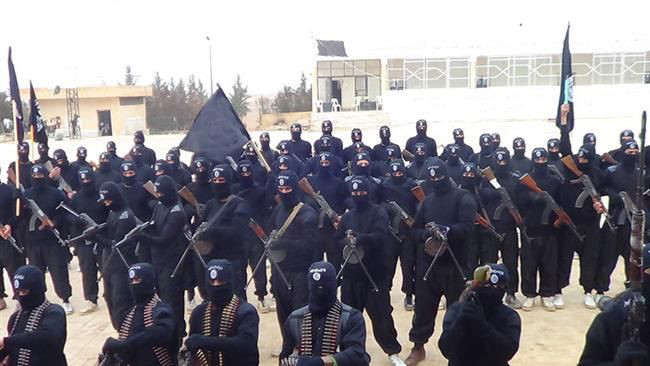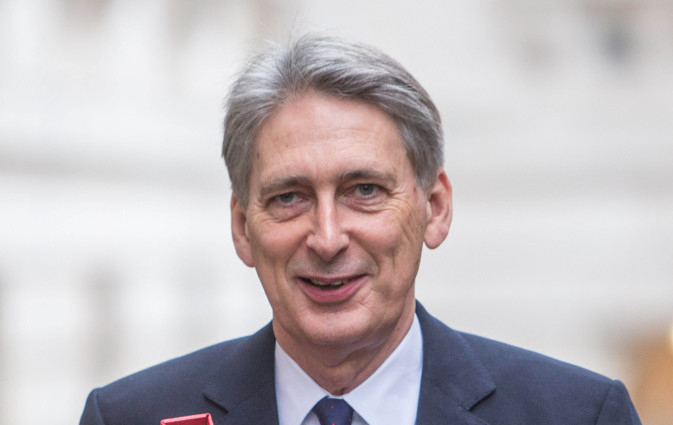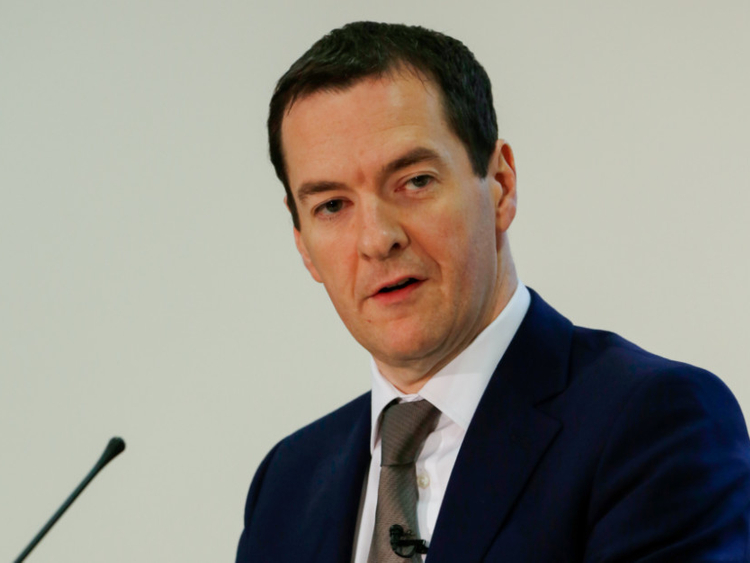
In recent weeks, we have seen appalling events in France and America. Acts of terror have killed hundreds of innocent people going about their daily lives. They have been designed to divide the western world and to spread fear across our great nations. Instead, we stand together, strengthened by our united determination to hold firm to our shared values and confront the evil that threatens us. That’s why we will both be in New York this week, working with our international allies to confront Daesh (the self-proclaimed Islamic State of Iraq and the Levant). In Daesh, we face a new type of threat.
Not only are the leaders of this death cult inflicting a barbaric, brutal terrorism on the people who live in the swathes of territory they control, but they also want to extend their brutality around the world. This poses a new challenge for governments and the international community. We must respond to the threat we face in Britain, while also working with our global partners to attack and defeat Daesh in Iraq, Syria and elsewhere. Our comprehensive approach has five elements. First, we are countering the terror threat we face at home with a strategy to prevent attacks that leaves no hiding place for the extremist ideology that fuels it.
Secondly, we are taking diplomatic action to deliver a political transition to a new Syria through negotiations between the Syrian opposition and the Bashar Al Assad regime. Today, the British Government will sit round the table in New York with the Arab League, China, Egypt, Saudi Arabia, Turkey, France, Russia, Iran, Iraq, the United States and others as part of the political process to try to bring an end to the civil war in Syria. This collective effort is working towards a United Nations Security Council resolution to empower a UN-endorsed ceasefire monitoring mission and to support a political transition process that will see Al Assad leaving office.
This is the third meeting since October and will build upon the Syrian opposition conference held in Riyadh last week, with a wide spectrum of Syrian opposition leaders meeting to agree on a negotiating committee and vision, which will help pave the way to negotiations to end the Syrian conflict.
Thirdly, we will continue with the humanitarian support to the millions of people forced to flee from Daesh and Al Assad’s brutality. Our government has already used its foreign aid budget to contribute £1.1 billion (Dh6 billion) to help Syrian refugees, and we are ready to contribute a further billion to support post-conflict reconstruction and stabilisation.
Fourth, we are taking action to challenge Daesh’s propaganda, undermine its ideology and stop the flow of recruits to its deathly cause. Finally, isolating Daesh from the international financial system must be a key element of any comprehensive strategy to degrade and ultimately destroy it. Seizing territory in eastern Syria and western and northern Iraq has allowed Daesh to take control of a large number of oilfields.
Denying access
Indeed, the Syrian oilfields are thought to be providing Daesh with around $1.5 million (Dh5.5 milion) a day. We know that the military action we are now taking with our allies, targeting oil infrastructure, is starting to limit this resource. But we can and should do more. Yesterday saw the first meeting of UN Security Council finance ministers in its 70-year history.
With our allies, including US Treasury Secretary Jack Lew and French Finance Minister Michel Sapin, we will seek agreement on new measures to deny Daesh access to the resources they need, finding and exploiting the vulnerabilities in their financial network. The UN sanctions regime should be used to target traders and middlemen who facilitate the illegal trade in oil. We need better cooperation and communication between our law enforcement and intelligence agencies to identify these people.
And we will be asking member states to do more domestically, making sure they have a regime in place that criminalises the financing of terrorists — Daesh and all other such groups — for any purpose. The international partners must act now to do more to choke off the illegal funding of terrorist organisations who want to destroy all that we stand for. When nothing less than the values of freedom and democracy are threatened, it is vital that all of us around the world who share them work together to confront the threat.
— The Telegraph Group Limited, London, 2015











